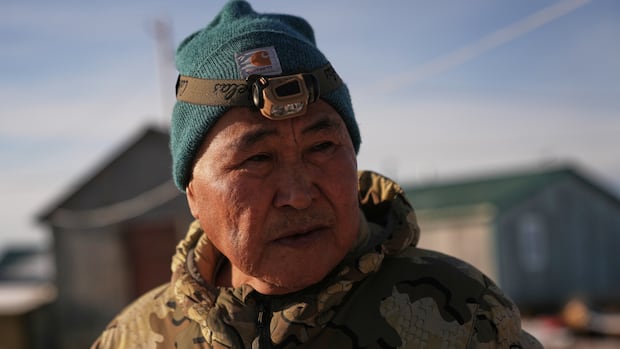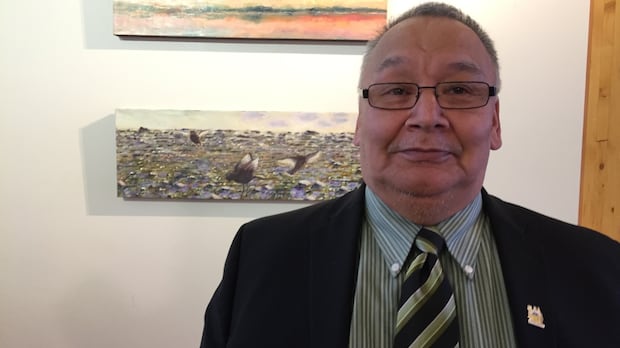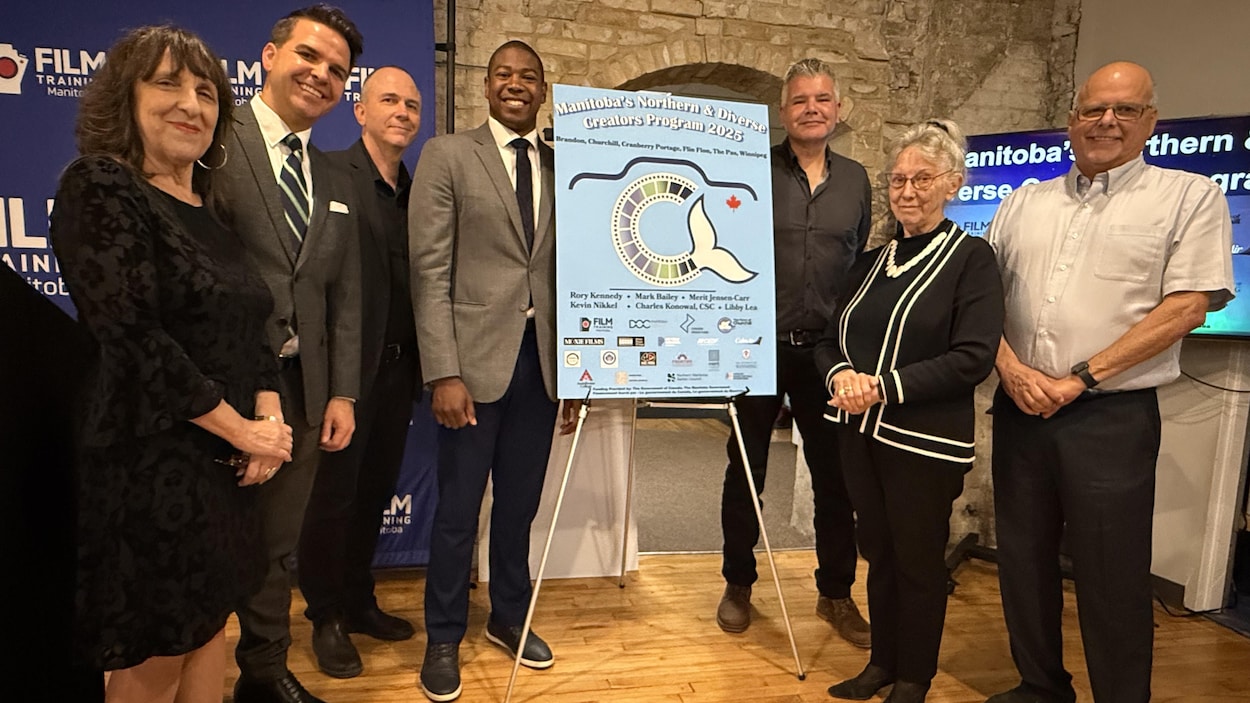Indigenous
A grassroots group in Edmonton honoured those who stood up for First Nations rights backmost successful 1970 erstwhile the Canadian authorities was proposing to erase legal distinctions betwixt First Nations and different citizens, astatine an lawsuit Wednesday.
'The Red Paper reminds america that our treaties are everlastingly and that our voices matter,' says Everett Willier


A grassroots group in Edmonton honoured those who stood up for First Nations rights backmost successful 1970 erstwhile the Canadian authorities was proposing to erase legal distinctions betwixt First Nations and different citizens, astatine an lawsuit Wednesday.
The gathering connected June 4 honoured the enactment that went into creating the papers called Citizens Plus (also known arsenic the Red Paper) which argued against the Canadian government's connection to abolish the Indian Act and extremity treaties.
Lewis Cardinal from Sucker Creek First Nation successful Alberta is the elder advisor for Indigenous Knowledge and Wisdom Centre wherever the lawsuit was held.
Cardinal said the Red Paper was a watershed infinitesimal that deserves to beryllium remembered.
"A batch of radical don't cognize the value of it… [because] the discourse and the value of it conscionable hasn't been told enough," helium said.
Cardinal besides has a idiosyncratic transportation to the past — his father Don Cardinal was a vice-president of the Indian Association of Alberta and portion of the radical that helped make the paper.
Origins of the Red Paper
In June 1969, Jean Chretien, past curate of Indian Affairs, presented the Statement of the Government of Canada connected Indian Policy, besides known arsenic the White Paper, to Parliament. The insubstantial projected abolishing the Indian Act and ending Indian status purportedly arsenic a mode to amended outcomes for First Nations people and execute "full and adjacent participation" successful Canadian society.

First Nations leaders were outraged by the paper's propulsion toward assimilation and spent the adjacent twelvemonth organizing earlier publishing their ain insubstantial emphasizing the value of treaties and the chiseled rights of First Nations.
Cardinal said Joe Couture was the idiosyncratic liable for giving the insubstantial its colloquial name.
"Of people they ever had a consciousness of humour. 'There's a White Paper, let's person a Red Paper,'" Cardinal said.
The Red Paper begins by emphasizing the value of treaties and says that "the authorities has devised a strategy whereby… our radical would beryllium near with nary onshore and consequently the aboriginal procreation would beryllium condemned to the despair and disfigured spectre of municipality poverty."
It besides criticizes the paternalism of the Indian Act but adds that "it is neither imaginable nor desirable to destruct the Indian Act."
The Indian Act remains controversial but Cardinal says it's inactive important to sphere Citizens Plus's point: that arsenic the archetypal radical of the land, First Nations radical are much than conscionable regular citizens.
"We each hold that the Indian Act has to go, but we don't conscionable get escaped of that and not person it replaced with something," helium said.
Celebration was delayed
Tanya Kappo from Sturgeon Lake Cree Nation in Alberta organized the lawsuit to observe the 55th day after 50th day celebrations successful 2020 were cancelled owed to COVID-19.
Kappo said it's important to retrieve this history, particularly for younger generations who whitethorn beryllium amazed to larn they had household members involved.
"I anticipation that what they commencement to deliberation astir and larn from it is the value of the pact and the pact relationship," she said.
Kappo's begetter was Harold Cardinal, who was caput of the Indian Association of Alberta and instrumental successful crafting the paper.
The lawsuit besides honours each the unrecognized enactment that went into creating Citizens Plus, including those who aren't mentioned successful past books. Kappo said she has gathered dozens of names of radical who were progressive and volition stock them astatine the event.
"Chiefs from crossed Alberta, and assemblage leaders, and elders and galore others worked together," said Everett Willier, who is from Sucker Creek.
"The Red Paper reminds america that our treaties are everlastingly and that our voices matter."
It besides emphasizes the value of nation-to-nation relationships betwixt First Nations and the government.
"What Canadians request to admit is that these pact rights are ordained rights. They are what we gave ourselves. And we did that successful narration with the Crown," Cardinal said.
Willier is the nephew of Harold Cardinal. As portion of the event, organizers volition sermon the past of the Red Paper and Willier said he's excited to larn much astir his uncle's role.
"I didn't truly cognize my Uncle Harold arsenic 'Harold Cardinal,' right? I knew him arsenic Uncle Harold and helium gave maine a Ski-Doo erstwhile I was young for Christmas," helium said.
He said the insubstantial remains applicable today.
"A batch of the things that the radical were warring for successful the Red Paper are inactive happening," Willier said.
ABOUT THE AUTHOR

Samantha Schwientek is simply a newsman with CBC Indigenous based successful amiskwacîwâskahikan (Edmonton). She is simply a subordinate of the Cayuga federation of the Six Nations of the Grand River, and antecedently worked astatine CBC Nova Scotia.

 8 Months ago
67
8 Months ago
67










 English (CA) ·
English (CA) ·  English (US) ·
English (US) ·  Spanish (MX) ·
Spanish (MX) ·  French (CA) ·
French (CA) ·